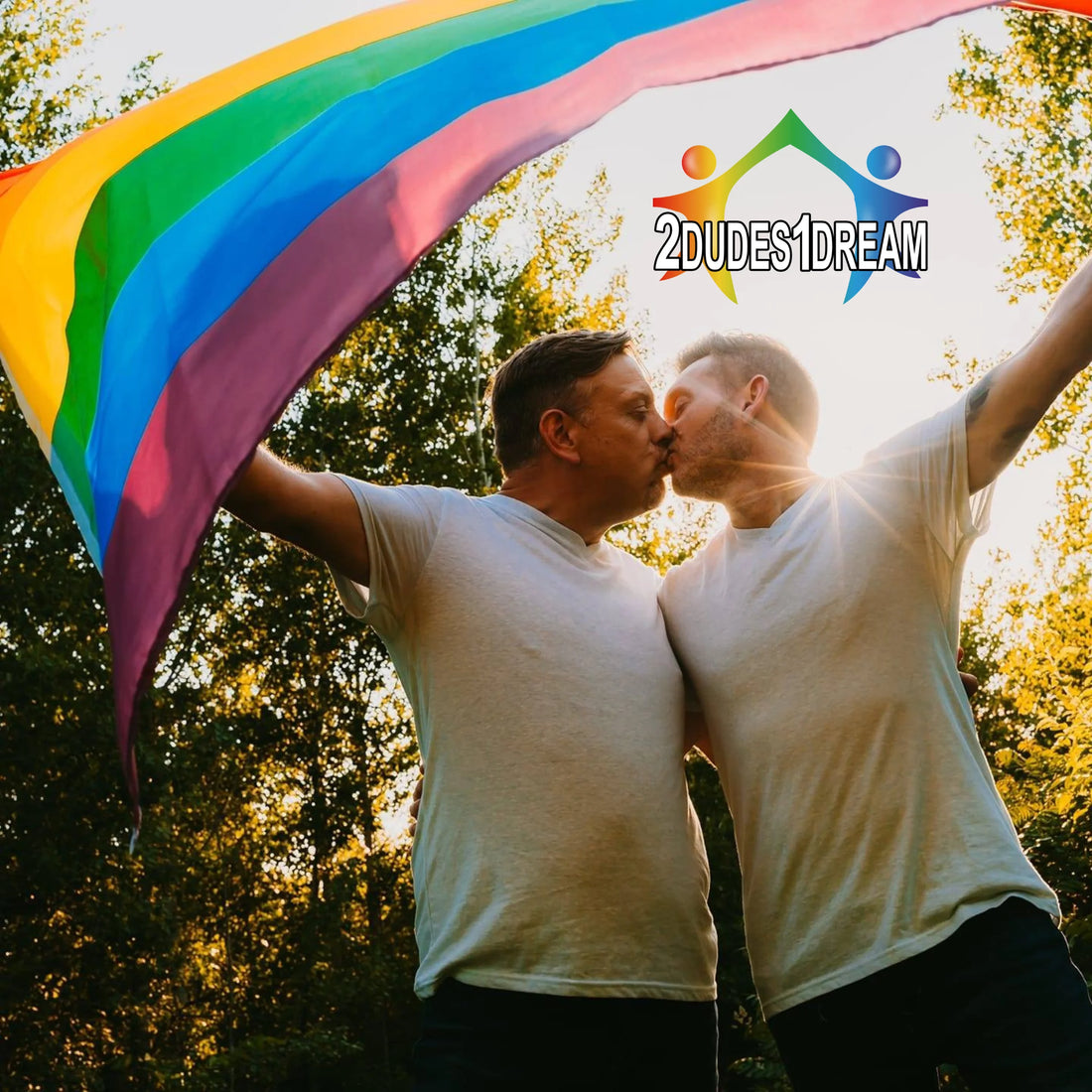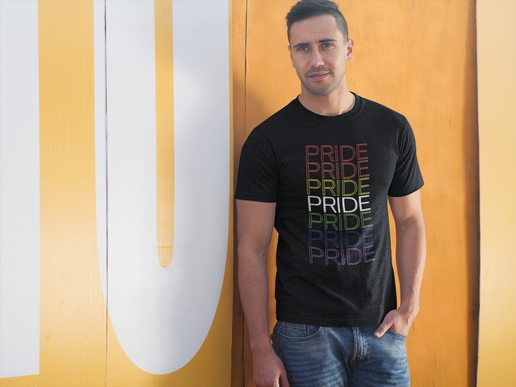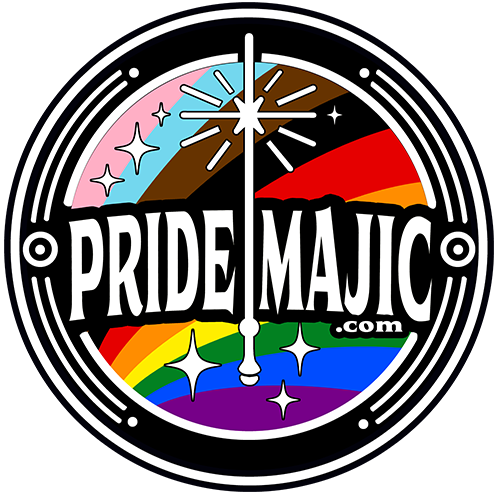Pride is more than just a parade or a celebration—it’s a profound and powerful movement rooted in the struggle for equality, recognition, and dignity for the LGBTQ+ community. It symbolizes self-affirmation, love, and the fight against discrimination and oppression. Pride means different things to different people, but at its core, it is about embracing one’s identity unapologetically and standing united against injustice. This article explores the historical significance of Pride, its role in the LGBTQ+ community, and the values it represents.
The History of Pride: A Movement Born of Resistance
The origins of Pride trace back to the early LGBTQ+ rights movement and, most notably, the Stonewall Riots of 1969 in New York City. These riots were a direct response to police harassment and discrimination against LGBTQ+ individuals, particularly at the Stonewall Inn, a popular gay bar. The events at Stonewall became a catalyst for change, sparking a wave of activism and the formation of organizations dedicated to LGBTQ+ rights. A year later, in 1970, the first Pride marches were held in New York City, Chicago, and Los Angeles to commemorate the anniversary of the riots and to demand equal rights. These marches marked the birth of what is now celebrated worldwide as Pride.
What Pride Means to the LGBTQ+ Community
1. Visibility and Representation
For many in the LGBTQ+ community, Pride is an opportunity to be visible in a world that often marginalizes their identities. It’s a moment to declare, “We exist, and we matter.” The vibrant rainbow flag, a symbol of diversity and inclusion, reflects the spectrum of sexual orientations and gender identities within the community.
2. A Celebration of Identity
Pride is about embracing and celebrating one’s authentic self. It’s a time for individuals to express their identities—whether they identify as lesbian, gay, bisexual, transgender, queer, non-binary, or any other label that resonates with them—without fear of judgment or prejudice.
3. A Reminder of Struggles and Progress
While Pride is often associated with joy and celebration, it also serves as a reminder of the challenges the LGBTQ+ community has faced—and continues to face. From fighting discriminatory laws to advocating for marriage equality and transgender rights, the journey has been long and arduous. Pride acknowledges this history while celebrating the progress achieved.
4. Community and Solidarity
Pride fosters a sense of belonging and solidarity. For those who may feel isolated or unsupported in their personal lives, Pride events offer a chance to connect with others who share their experiences. It’s a reminder that no one is alone in their journey.
The Values of Pride
1. Love and Acceptance
At its heart, Pride is about love—love for oneself and for others. It promotes acceptance, encouraging people to embrace diversity and reject prejudice.
2. Equality and Justice
Pride is a call for equality and the end of discrimination based on sexual orientation or gender identity. It champions the belief that everyone deserves the same rights and freedoms, regardless of who they are or whom they love.
3. Courage and Resilience
Living authentically as an LGBTQ+ individual often requires courage. Pride honors the resilience of those who have fought for their rights, often at great personal risk, and inspires others to stand firm in the face of adversity.
Why Pride Matters Today
Despite the progress made, many LGBTQ+ individuals around the world still face discrimination, violence, and legal challenges. In some countries, being LGBTQ+ remains illegal, and in others, societal stigma can make coming out a perilous decision.
Pride serves as a beacon of hope and a platform for advocacy. It’s a reminder that the fight for equality is far from over and that solidarity is essential in the face of ongoing challenges.
Conclusion
Pride is a powerful affirmation of identity, love, and resilience. It is both a celebration and a call to action—a moment to honor the past, celebrate the present, and fight for a more inclusive future. For the LGBTQ+ community, Pride represents the courage to be oneself and the belief that everyone deserves to live with dignity and freedom.
In a world striving for equality, Pride is a reminder that love is love and that everyone, regardless of their identity, deserves to feel proud of who they are.
-2Dudes1Dream


